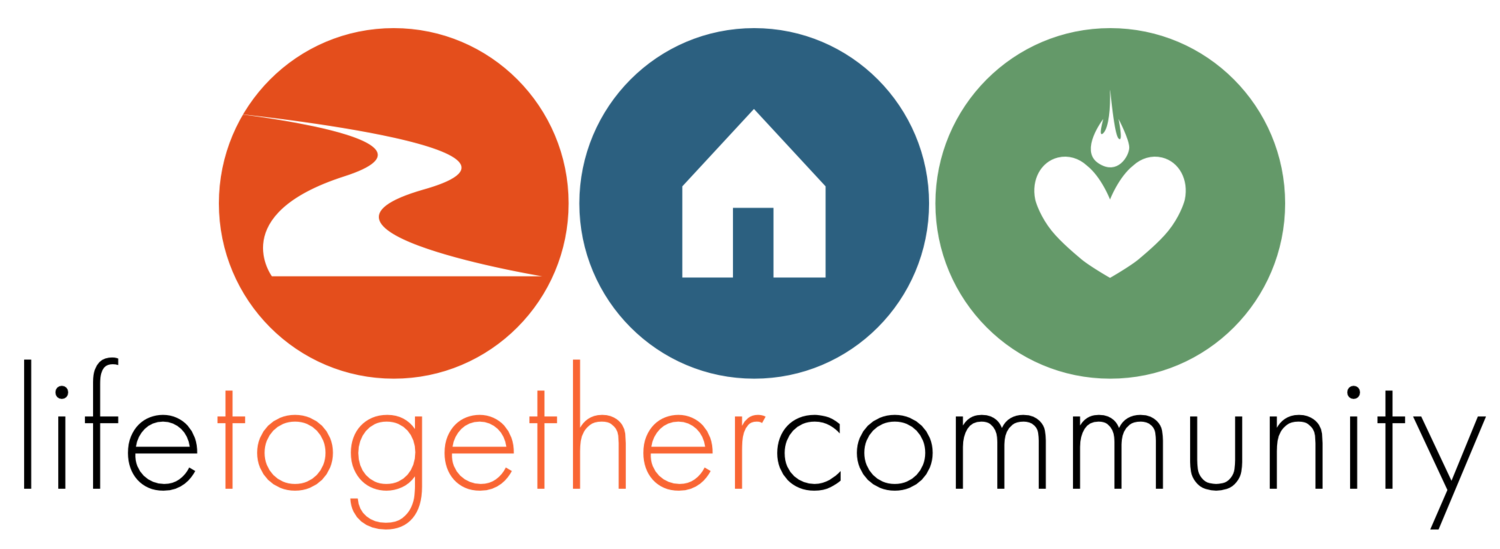In May 2012 I graduated from Morehouse College with a degree in my most beloved discipline: philosophy. However, unlike for most of my brothers, graduation was not a joyous occasion.
For what was I made?
For whom should I live?
…four years of university had not made this clear. There were only clues: 1) the public domain was in need of a spiritual intervention, 2) the sometimes radical politics of the Episcopal Church could change people’s lives, transform communities, 3) I wanted to be a part of something counter cultural and revolutionary—something wherein the Gospel could be preached, shared, and lived in real ways, and 4) I was in need of a space for reflection, a space where I could delve deeply into myself.
While a number of my colleagues were off to Wall Street to take up lucrative careers, I would be entering a small intentional community with which most people were unfamiliar. “An intentional what?” “You’ll make how much money?!” Those were the questions of the unfamiliar, responses to which I did not always have a satisfactory retort. My post-graduation moves were a mystery, even to me. With just clues, but no answers, I was taking a leap of faith, I was entering a community for spiritual activists that was both revolutionary and opaque.
Yet—three years later—what was once a frustrating mystery, a difficult decision to explain away, has become every blessing!
After my time at Life Together I applied to the Young Adult Service Corps (YASC) of the Episcopal Church. YASC is a missionary program for young adults ages 18-30. I was sent off to Grahamstown, South Africa—where I currently reside—to work as the Student Minister at the Anglican Cathedral of St. Michael and St. George in the Anglican Church of Southern Africa. My duties as Student Minister is to be a pastoral presence to university students who call the cathedral home. The Cathedral Student Ministry has its own service at 7pm on Sunday evenings, and we also walk the street of Grahamstown helping to feed those who are desperately hungry in a small town with 80% unemployment and zero industry.
The university in town is called Rhodes University—yes, the namesake of the Rhodes scholarship (that imperialist bugger). And it was at Rhodes that I discovered Pedro Tabensky and the Philosophy Department. Voila! what was supposed to be a one-year missionary post has turned into two years, and enrollment in the Masters program in Philosophy at Rhodes. My philosophical wheelhouses are Phenomenology, Christian Existentialism, Whiteness Studies, and Africana Studies. And my thesis aims to deconstruct the phenomenological and ethical dangers of the post-racial white.
Currently, a group called the Black Student Movement at Rhodes University are protesting for a name change and a transformation of a racist institutional culture at the university (e.g. prejudicial staff and faculty demographics and very western curricula). I have had the pleasure of being a part of this movement, writing for this movement, and advocating for this transformation.
My location as a student minister, a student, and an activist gives me a wonderful opportunity to orient the Christian community in Grahamstown towards the valid concerns of students of color on the Rhodes University Campus. And the organizing skills that I learned as a member of the LT community and the Leadership Development Initiative have helped me to be a valuable asset to the movement.
Just a few footsteps away from Boston University and Harvard, Life Together is brilliantly positioned to show the ways in which intellectualism, spirituality, and activism exist in a necessary and life-giving relationship. And I find that such a culture has had a significant impact on the way that I do my job, the way that I learn, and the way that interact in this space. And it has had an incredible impact on my ability to see connections that can be made between otherwise disconnected community organizations and institutions.
When I left Morehouse I knew that I wanted to live out the dream of my Morehouse brother Martin Luther King, Jr., that I, too, wanted to march and fight and preach the Good News into life. Life Together helped shape me into someone who can do that in innumerable ways: in the classroom, in the streets, in the pulpit, in those awesome moments with a stranger who gets it, in the silence.
Life Together brings community to the forefront of what some might call development. Life Together accepts the wisdom of the Holy Spirit in the process of what some might call community engagement. Life Together teaches us how to lean on the people around us, to trust in the community groups and churches we are a part of, in making a New Jerusalem—wherever that might be. The openness, the humility, and the vision that all of those things require have helped me to develop some of the most beautiful relationships I have ever had, to hear the quietest voice with the deepest sentiment, to attend to my cries, the cries of others, and to create a space where we can cry, build, and grow together.

